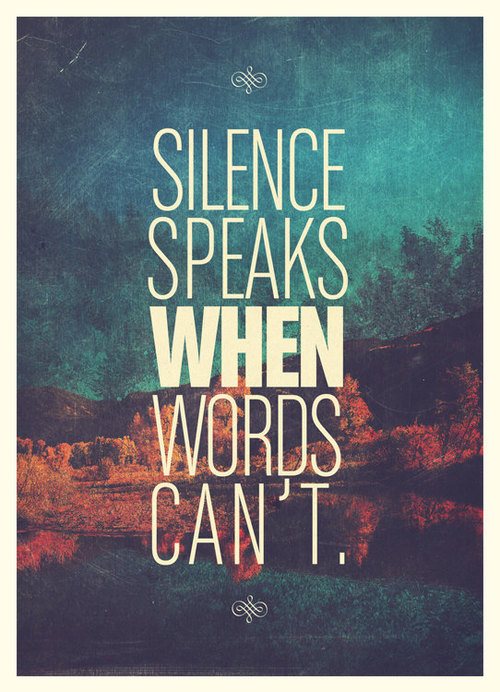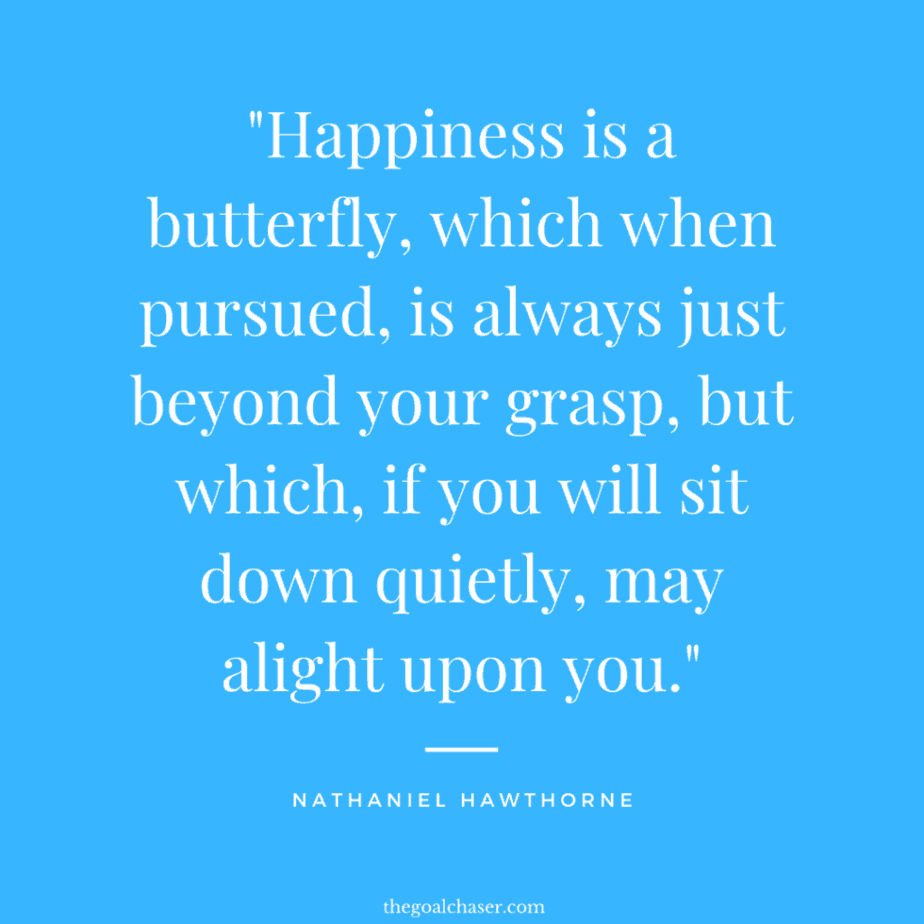5 Quotes About Happiness
5 Quotes about Happiness. I love this last quote as it really is a great reminder that life is precious and oh so fleeting. We only have one shot at life. Unfortunately, we sometimes keep putting things off until this or that happens, or until we have enough money, or until the kids are grown. The physical happiness is limited; its utmost duration is one day, one month, one year. It hath no result. Spiritual happiness is eternal and unfathomable. This kind of happiness appeareth in one's soul with the love of God and suffereth one to attain to the virtues and perfections of the world of humanity.
Happiness is situational.
That’s what a client told me recently. She’s not the only one to hold a belief that happiness is dependent upon a set of circumstances. I hear it all the time.
I’ll be happy when…
I’ll be happy if…
Seems to me holding a belief like that limits our ability to enjoy happiness in the moment. It suggests that happiness is out of our control.
Here are some other thoughts on happiness:
Sayings About Women
There is only one cause of unhappiness: the false beliefs you have in your head, beliefs so widespread, so commonly held, that it never occurs to you to question them.
Anthony de Mello
That’s true about happiness and everything else. Our beliefs do one of two things: they either empower us to move forward in our lives, or they hold us back. Changing your belief about something when it limits you is the first step in removing obstacles, especially when they prevent you from being happy.

Happiness is when what you think, what you say, and what you do are in harmony.
Mahatma Gandhi
Sometimes our happiness stems from a sense of dissatisfaction. That unease comes from a misalignment between what we say is important and the choices we make. When our values and actions line up, then our sense of satisfaction goes up.
A table, a chair, a bowl of fruit and a violin; what else does a man need to be happy?
Albert Einstein
Einstein was all about simplicity – not making things more complicated than they really are. Sometimes our unhappiness comes from striving for things we don’t have and in doing so we miss the simple pleasures that are already at our finger tips.
Happiness is a how; not a what. A talent, not an object.
Herman Hesse
When happiness depends on things or circumstances, then there is always the possibility I might not be happy. When we think of happiness as a way of being, then it’s always possible. It’s a talent we can all cultivate with practice.
It was only a sunny smile, and little it cost in the giving, but like morning light it scattered the night and made the day worth living.
F. Scott Fitzgerald
Happiness doesn’t have to be accompanied by marching bands or wrapped with ribbons and bows. Happiness is often in the smallest of things – a smile, a kind word, a singing bird, a sunset or a hug.
What makes you happy?
Thanks for reading and taking the time to comment, like, share, tweet and/or pin this article.
Related posts:

[T]he virtues arise in us neither by nature nor against nature. Rather, we are by nature able to acquire them, and we are completed through habit.
Aristotle describes how virtue, and therefore happiness, can be effectively attained through purposeful practice. Happiness is not something bestowed naturally upon people, nor is happiness incompatible with humanity. Rather, Aristotle views happiness as an activity, not a state, and considers the ultimate goal of humans to be the constant practice of that activity. This view of happiness requires not only the proper mindset but also vigilance and perseverance: Instead of achieving happiness and then forever possessing that feeling, like some sort of trophy, a virtuous person must put in effort every day to attain happiness.
Best Quotes About Yourself
Happiness, then, is not found in amusement; for it would be absurd if the end were amusement, and our lifelong efforts and sufferings aimed at amusing ourselves.
Aristotle further defines happiness as something deeper than temporary excitement, distraction, or pleasure. Though we may feel happy during these times, we will not be fully practicing happiness because these things have no relation to deeper virtue or the achievement of human ability. Aristotle does acknowledge the occasional necessity of amusement but also cautions against mistaking diversion for true happiness—the endless pursuit of diversion can only come at a great ultimate cost to a person, who would never feel fully satisfied in his or her quest.
[I]t seems correct to amuse ourselves so that we can do something serious, as Anacharsis says; for amusement would seem to be relaxation. Relaxation, then, is not the end; for we pursue it [to prepare for] activity.
Aristotle here elaborates further on his belief that amusement, though not true happiness, remains necessary to human life. Though fleeting diversions can distract from a person’s true purpose, Aristotle does not believe that amusement exists as inherently immoral. Rather, he emphasizes the importance of viewing amusement not as an end but as a means to an end. The relaxation of amusing ourselves helps to prepare us for work—if we were to constantly expend our energy, we would eventually lose our ability to secure happiness, just as surely as if we never pursued happiness at all.
[I]f we are enjoying one thing intensely, we do not do another very much. It is when we are only mildly pleased that we do something else; for instance, people who eat nuts in theatres do this most when the actors are bad. Since, then, the proper pleasure makes an activity more exact, longer, and better, whereas an alien pleasure damages it, clearly the two pleasures differ widely. For an alien pleasure does virtually what a proper pain does.
Quotes About Friendship
Aristotle notes that another reason pure pleasure does not stand as the end goal of human life is that pleasure’s benefits change based on context, while the benefits of true happiness never do. This malleability makes incorporating pleasure into one’s life difficult because such incorporation requires more careful judgment than a person might expect. To truly contribute to a person’s happiness, pleasure must be embraced with integrity, moderation, and virtuous intent. Otherwise, we are not moving toward any particular goal or sense of completeness; we are simply wallowing in distraction.
Famous Quotes About Men
[W]e can do fine actions even if we do not rule earth and sea; for even from moderate resources we can do the actions that accord with virtue.
5 Quotes About Joy
Here, Aristotle allows that external goods and prosperity can, indeed, enhance a person’s happiness. As with the pursuit of pleasure, though, he encourages the practice of restraint. One must accumulate material prosperity only so far as to ensure their own good health, so as to provide a strong foundation from which to contemplate and pursue virtue in daily life. A person without any wealth or possessions may be occupied only with moment-to-moment survival, which will impede their ability to practice happiness. However, Aristotle emphasizes that personal wealth need only be accumulated as much as is practically useful.